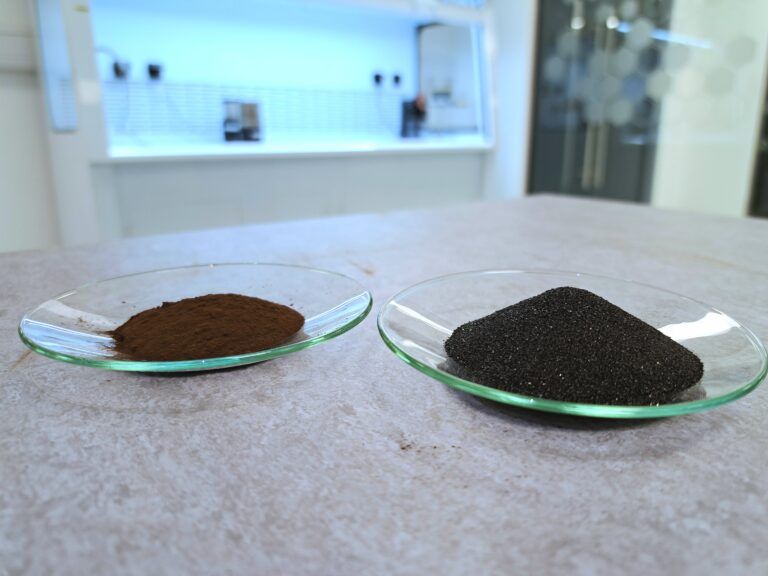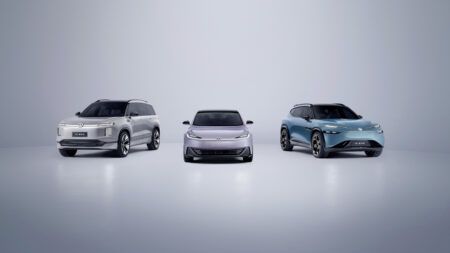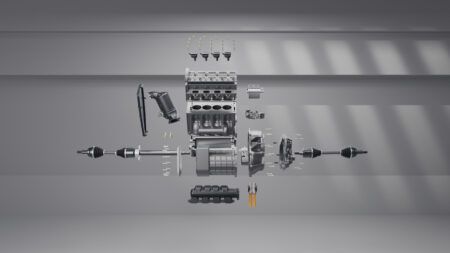Allotrope Energy has introduced a new battery material derived from lignin, a byproduct of paper production, creating a novel class of lithium-carbon batteries and super-capacitors. The material, named Lignavolt, offers enhanced stability, safety improvements, cost reduction, and remarkably fast recharging capabilities for energy storage applications.
Lignavolt is a nano-porous carbon with substantial surface area that replaces conventional materials in battery anodes and cathodes, as well as in electric double-layer capacitors (EDLCs). The innovation delivers capacitors with twice the energy density of existing products and enables lithium-carbon batteries capable of recharging in approximately 60 seconds without lifespan degradation.
The material is sourced from lignin, an organic polymer providing structure to plant cells. Suzano S.A., a major global pulp and paper company serving as Allotrope Energy’s primary investor, produces lignin as a byproduct during paper manufacturing.
“The growing demand for transport’s electrification has highlighted the limitations of available battery materials,” said Dr. Peter Wilson, Allotrope Energy’s CTO. “By utilising lignin, a renewable and widely abundant resource, we are not only pushing the boundaries of battery performance but also contributing to the global push for more sustainable and eco-friendly energy solutions. Removing the need for bulky and complex cooling systems means we can offer next-generation performance in a lower cost and much simpler package.”
Allotrope Energy confirmed their technology’s performance through third-party verification in March 2025.
The company’s hybrid lithium-carbon technology combines a high-rate battery-type anode with a high-capacity EDLC-style cathode, integrating benefits of super capacitors and lithium-ion batteries in one cell.
Current lithium-ion battery limitations, including supply chain concerns for cobalt, nickel, and graphite, alongside documented safety issues requiring complex cooling systems, have slowed the transition to zero-emission transportation.
Lignavolt addresses these challenges by operating at 10-100 times the rate of conventional materials, enabling fast-charging applications while eliminating heat management concerns even in high-power settings. The use of sustainable materials could reduce supply chain vulnerabilities and minimizes environmental impacts from battery production.





